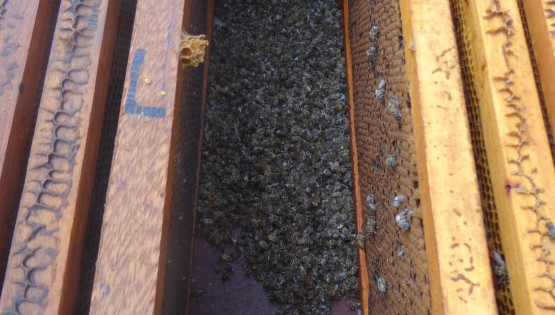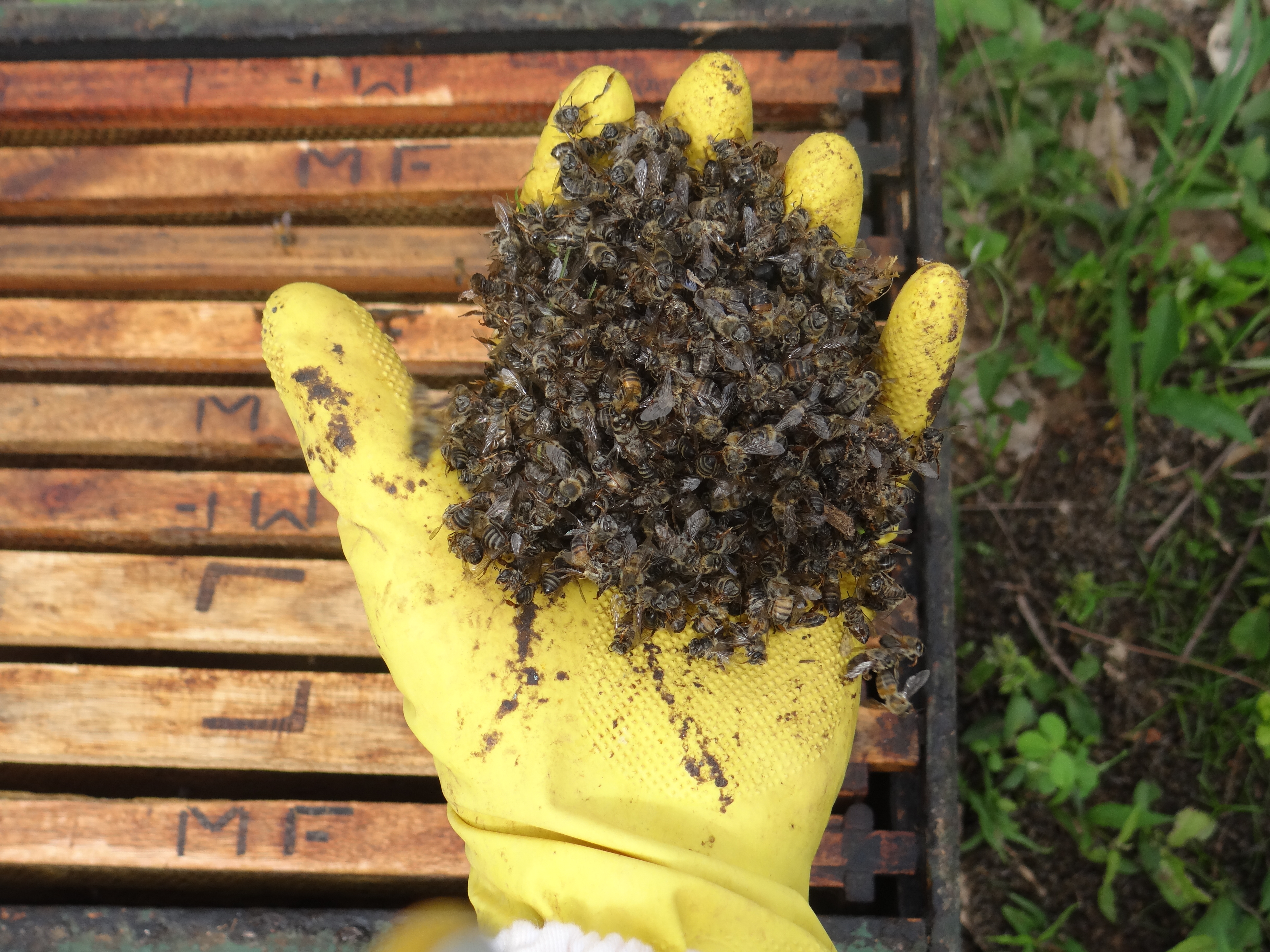WE ARE BEE FRIENDS |
CLICK HERE TO JOIN
Is also a friend of bees!
Sign up and stay on top of the most relevant information about the world of bees and of all the initiatives of the campaign.


THE DISAPPEARANCE OF BEES
Beekeeping and beekeeping worldwide now face their biggest challenge: bees, main pollinators of nature, They are disappearing. The first reports indicating that large-scale disappearance of bees came from the US, but today this problem is also evident in Europe, América do Norte, Latin America and, particularly, in Brazil.
Scientific studies indicate that this phenomenon is symptomatic and epidemic, caused by a disorder that world came to be called CCD (Colony Collapse Disorder – Colony Collapse Disorder) or, simply, Disappearance of Bees syndrome.
However, the decline desses important pollinators is evident also by the massive reports of deaths of bees and apiaries meliponários, a phenomenon that is repeated silently in nature, Also reaching the wild bees.
THE PROBLEM IN BRAZIL
Statistics on beekeeping in Brazil are unfortunately scarce, and a channel for the shared record the disappearance and massive death of bees only began to be made from the campaign initiative “No Bee, Without food”, when the release of aplicativo Bee Alert. Before, however, It highlights the important work of the researcher Prof.. Dr. Osmar Malaspina, Claro Rio de Unesp, who has studied death of thousands of hives, in particular in the state of SP.
The Bee Alert application had, until July 2017, more than 280 documented cases na Latin America (and 95% them in Brazil), over 20 thousand affected hives, is 1 billion bees wiped out. But it has gained media attention, By presenting itself as a problem which evolves and expands worryingly. Check out some headlines in major newspapers, magazines and news portals in Brazil and the world relatando the theme.
The Danger of Pesticides
The US Department of Agriculture reported in May 2013 the death of almost 1/3 bees after winter 2012/2013, and reduced, We last 6 years, It was 30,5% the number of bee colonies. Studies indicate crop protection, particularly neonicotinoid pesticides, one of the main hypotheses to explain the CCD.
In May 2013, the European Union, a clear concern about the effects of the decline of pollinators, suspended for 2 years the use of neonicotinoid pesticides containing Clothianidin, Tiametoxam e imidacloprid, for certain cultures. These products indicated to be highly toxic to bees. The ban went into effect in 01/12/13 and will be reviewed at the end of 2015.
Study links neonicotinoids insecticides with disappearance of bees
A study at Harvard University links the use of neonicotinoid insecticides (Source nicotine molecule) with the disappearance of bee colonies during winter.
Search results, na magazine published “Bulletin of Insectology”, reinforce other similar papers relating known as “colony collapse disorder”, so the bees abandon their hives during the winter and eventually die from this type of chemical.
“Again we demonstrated in this study that neonicotinoids are most likely responsible for triggering the CCD in hives that were healthy before the winter arrival”, He said in a statement the director of research and associate professor at Harvard, Chenseng Lu. See article: Bulletin of Insectology Artigo Lu
Study shows link between pesticide and disappearance of bees
Chamado de Colony Colapse Disorder (CCD) in English, it is a phenomenon where bees abandon their hives leaving behind their young and food. The CCD affects mainly the United States and began to be noticed at the end of 2006. No one knows for sure why this happens emptying of hives, since they are mostly found empty, with little or no dead bee.

Bees are disappearing. And that is worrying.
“In Brazil, beekeepers in several states have reported substantial losses - and often inexplicable - in their hives. In addition to Santa Catarina, also Minas Gerais, São Paulo and Rio Grande do Sul are among those affected.
For Prof. Dr. Lionel Segui Gonçalves, retired from USP in Ribeirão Preto teacher, and currently visiting professor at UFERSA-RN, Brazil suffers from the indiscriminate use of pesticides, and has no effective restriction legislation. The prof. Lionel is one of the creators of the NGO Bee or not to be (“have bee or there is no life”, in free translation, punning on Shakespeare's phrase), leading the permanent campaign “No Bee, Without food” protection to bees, launched at the end of 2013. The goal is to make the population aware of the importance of bees and the need to protect these insects in Brazil and worldwide. The campaign collected 23 thousand signatures in a petition, delivered to MAPA, Ibama and MMA in 2015, demanding effective action to combat the decline of pollinators.”